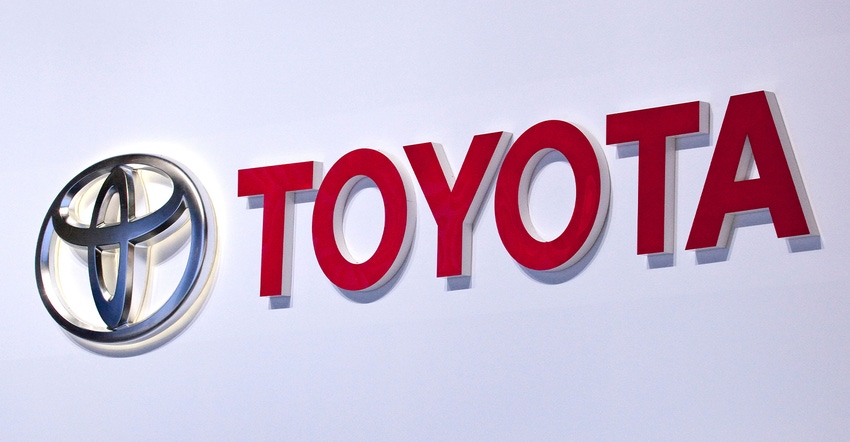Toyota Collaborates with Redwood Materials to Advance Circular Battery Ecosystem
Toyota and Redwood Materials have announced a recycling agreement that marks a significant step in creating sustainable pathways for the end-of-life management of automotive batteries.

Toyota Motor North America (TMNA) and Redwood Materials have announced a recycling agreement that marks a significant step in creating sustainable pathways for the end-of-life management of automotive batteries. This partnership includes a commitment from Toyota to source Cathode Active Material (CAM) and Anode copper foil from Redwood's recycling activities, contributing to the production of new automotive batteries for Toyota's future electric vehicles.
"Working with Redwood Materials, we are creating a circular supply chain to optimize logistics, expand refining, and ensure that the valuable metals recovered can be reintroduced into our future vehicles. Accelerating our recycling efforts and domestic component procurement gets us closer to our ultimate goal of creating a closed-loop battery ecosystem,” said Christopher Yang, Group Vice President of Business Development at Toyota Motor North America.
As Toyota's fleet of electrified vehicles nears the end of their lifecycle, the demand for automotive battery recycling is expected to grow substantially. Redwood's recycling facility in Nevada will play a crucial role in supporting Toyota's North American supply chain, improving sustainability, and facilitating operational enhancements across the TMNA enterprise.
The collaboration is aligned with Toyota's broader vision of a closed-loop battery ecosystem, encompassing recycling, remanufacturing, and repurposing of nearly five million operating units. This initiative aligns with Toyota's ambitious goals of achieving carbon neutrality for its global operations by 2035 and carbon neutrality for its vehicles by 2050.
"Today, in collaboration with Redwood Materials, Toyota is making a decisive move toward a sustainable future. They're not only working to ensure responsible end-of-life management for their electric vehicles but also planning to build their next generation of EVs, in part, by using sustainable and domestically manufactured battery components,” said Cal Lankton, Chief Commercial Officer at Redwood Materials.
To further solidify the closed-loop framework, Toyota has committed to sourcing CAM and copper foil from Redwood in a long-term agreement. Redwood's recycling activities will contribute recycled materials to future new battery production at Toyota Battery Manufacturing, North Carolina (TBMNC), which is set to commence operations in 2025 with a nearly $14 billion investment.
"Toyota Battery Manufacturing North Carolina’s start of production is right around the corner, and we’re thrilled to be procuring critical battery components and materials to filter into our battery ecosystem. We’ll continue to work toward the sourcing and recycling of battery materials here in the United States to maximize these precious resources and reduce our carbon footprint in the process,” said Sean Suggs, President of TBMNC.
Redwood Materials is actively investing in scaling its technology and facilities to supply U.S. battery cell manufacturers and automakers with domestically produced strategic battery materials. The company is expanding its Northern Nevada facility and is set to break ground on its second Battery Materials Campus in Charleston, South Carolina, later this year. Redwood aims to recycle, refine, and manufacture battery materials at both campuses, targeting a production scale of 100 GWh annually. As part of this agreement, Redwood will provide materials with a minimum of 20 percent recycled nickel, 20 percent recycled lithium, and 50 percent recycled cobalt in their cathode, and will focus on recycled copper in their anode copper foil.
About the Author(s)
You May Also Like


